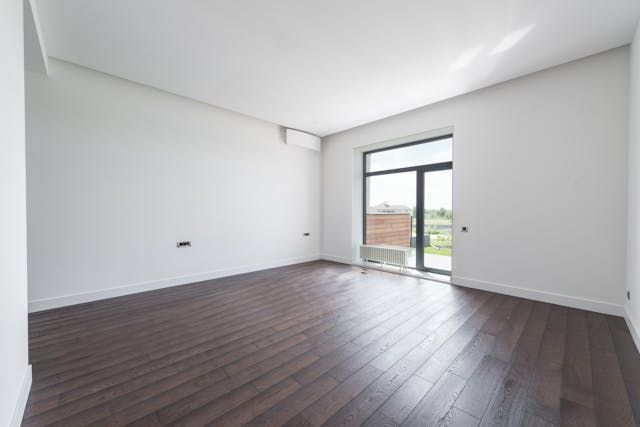Budgeting Strategies for Property Owners
Budgeting for rental properties is a crucial aspect of property management. Effective budgeting helps property owners maximize their profits while ensuring that the property is well-maintained and compliant with all regulations. Here are some tips for budgeting for rental properties:
- Create a Detailed Budget: Start by creating a comprehensive budget that includes all income and expenses related to the property. This should cover not only regular expenses but also contingencies for unexpected costs.
- Determine Rental Income: Calculate the expected rental income based on market rates and occupancy levels. Be realistic in your projections and consider seasonality and potential vacancies.
- Track Expenses: Keep a detailed record of all expenses related to the property, including mortgage payments, property taxes, insurance, utilities, maintenance, repairs, property management fees, and any other costs associated with the property.
- Emergency Fund: Set aside a portion of your rental income for an emergency fund. This fund can cover unexpected repairs, vacancies, or other emergencies.
- Regular Maintenance: Budget for regular maintenance and inspections. Preventive maintenance can help avoid more significant and costly repairs down the line.
- Property Management Fees: If you use a property management company, include their fees in your budget.
- Property Taxes and Insurance: Ensure that property taxes and insurance premiums are accounted for in your budget. These expenses can vary over time, so keep an eye on them.
- Vacancy Rate: Budget for potential vacancies by setting aside a portion of your rental income for times when the property may be unoccupied. A common rule of thumb is to budget for a 5-10% vacancy rate.
- Utilities: Account for utility costs if you're responsible for paying them. Consider energy-efficient upgrades to reduce utility expenses.
- Renovations and Upgrades: Plan for periodic renovations or upgrades to maintain or increase the property's value. These should be factored into your long-term budget.
- Property-Specific Expenses: Some properties may have unique expenses, such as homeowners' association fees, landscaping costs, or pest control services. Be sure to account for these if applicable.
- Review and Adjust Regularly: Regularly review your budget and adjust it as needed. Market conditions, property expenses, and rental income can change, so it's essential to stay flexible.
- Tax Implications: Consult with a tax professional to understand the tax implications of your rental property income and expenses. Deductions and tax benefits can significantly impact your budget.
Remember that effective budgeting is essential for the long-term success of your rental property investment. It helps you make informed financial decisions, minimize risks, and ensures that the property remains a profitable and sustainable investment.
For more information on Property Management Services in Central Texas, visit us at 1503 W Stan Schlueter Lp, Killeen, TX 76549, or call 254-634-3311. You can also browse our website at www.hunterrentals.com.







